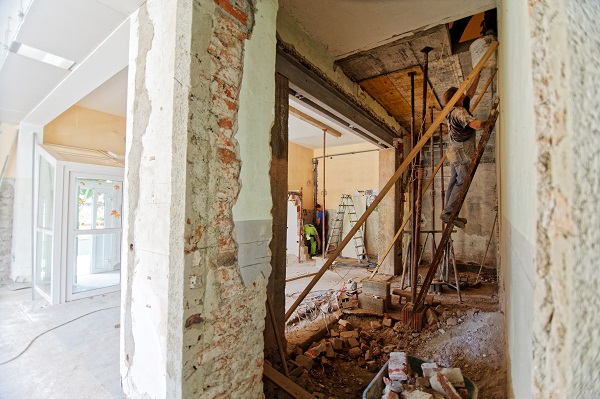How to stick to budget on your home renovation project
Jan 22, 2020, 22:17 PM
According to a 2019 poll, 45 per cent of Canadians were looking to complete home renovations within the year, but the amount they want to spend on their project is down compared with previous years.
The big question then becomes, how to get the work you want done within the budget you want to spend.
Dan Seguin, Co-Founder of NeighborBuild, Ottawa’s trusted home renovation and remodelling team, has some tips.

Educate yourself early
As you are working on developing your budget, before you start getting quotes, you have to get an understanding of the cost of materials and other items you will need for your project.
“Some of the biggest variables, in terms of cost, are in your hands,” Seguin says. “Do your research on materials such as flooring, tiles and countertops, and big-ticket items such as cabinetry and appliances.”
Think about where you want to splurge and where you want to save
Be practical about where you want to spend your money. If you are replacing your flooring you could buy whatever is on sale, but you have to take into consideration everyday realities: are there pets or kids in the house? How does the material perform in a basement vs. first or second floors of a house?
Your contractor should be able to help you get a sense of where it makes most sense to invest a bit more in terms of adding value to your home, and where you can afford to find a deal.
“For items that really matter, such as appliances and cabinetry that you want to last a long time, we suggest clients go for quality,” says Seguin. “However, when we are looking at the more cosmetic finishes of a project, we encourage clients to find a deal. Just as small extra expenses can add up, so too can savings. Every dollar matters.”
When getting quotes, ask for a detailed scope of work
Seguin says it’s not enough for homeowners to receive a quote with a simple daily rate. When talking to the company or contractor you are considering, make sure to tell them you want a detailed scope of work with a material allocations breakdown.
This will not only allow you to compare the pricing with your expectations, but if things change you can easily work out how that will impact your budget.
For instance, if the contractor includes the cost of flooring in the quote at $4 per square foot, but you find a better deal and decide to purchase it directly, you can quickly deduct that cost from the quote. If you make a flooring selection that is higher than what was quoted, you will know how much more to expect on your final bill.
A material allocations breakdown is very important as some contractors may reduce the budget for materials in order to artificially deflate the overall project cost, when it comes time to make your selections you will find it difficult to play within the materials budget.
Communicate, communicate, communicate
Once you have selected your contractor and the renovation begins, make sure you are having regular discussions with the team completing the work. If they suggest adding pot lights to a room, and you hadn’t discussed it in advance, find out whether that will fall within the budget or if there will be an additional cost. Put this in writing so everyone remembers what was decided.
If you change your mind and decide you want a gas line added to your kitchen, discuss what the associated cost will be both before and once the change is made. Again, put everything in writing so there is no confusion at the end of the project.
)


